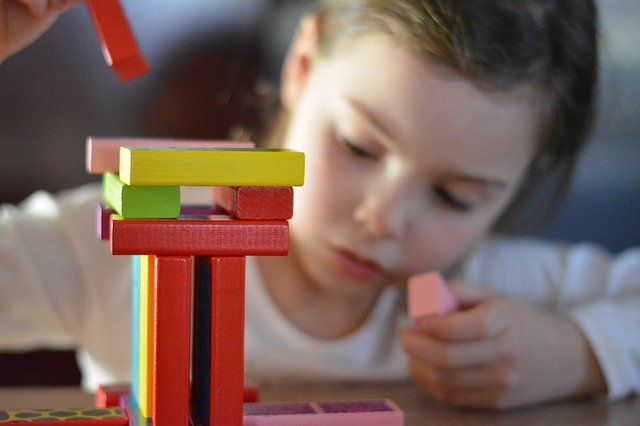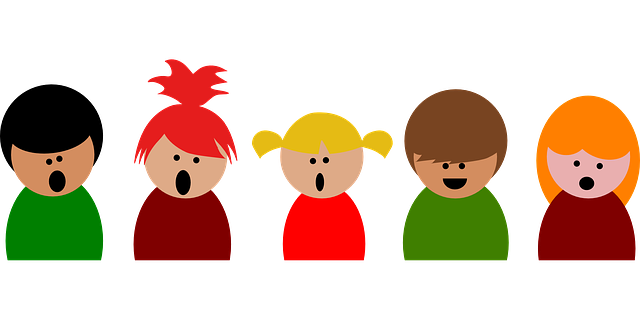
Speech Sound Practice with Music!
When working with children with a speech sound disorder, it is important to use target words that are meaningful, functional, and motivating. This can include working on family member names that include the target sound, using favorite books, and incorporating preferred activities. Now, Apple Music partnered with Warner Music and Speech-Language Pathologists to create a new feature called the “saylists.” The “saylists” use an algorithm to find song lyrics that repeat challenging sounds, such as /sh/, /ch/, /l/, /r/, /s/, for listeners to sing along. This includes songs by famous artists, such as Ed Sheehan, Madonna, Beyonce, and Adele. It is so exciting to hear about new ways we can use technology for speech sound practice. Saylists provide a fun,











